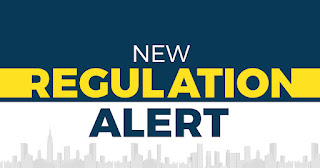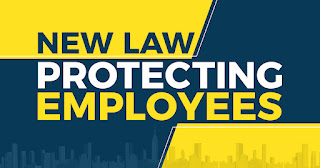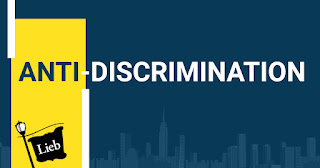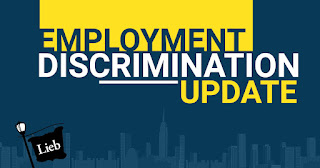Is discrimination in school illegal?
Yes, discrimination in education is illegal
in the United States. Depending on the state you live in, there may be even
greater protections, rights, and damages available to victims and their parents.
A student cannot be denied a right to learn.
Who can be a perpetrator
of discrimination in education?
When it
comes to education, you and your child have a right to be free from harassment,
bullying and other forms of wrongful discrimination that is perpetrated by
teachers, the administration, or even other students. This applies to public
schools, non-religious private schools, career schools, colleges, and
universities.
Does discrimination have
to be intentional to warrant compensation?
Anti-discrimination
laws in education apply regardless of whether the discrimination is explicit or
implicit. It is the administration's duty to make education equally accessible
to all and this failure can result in a lawsuit.
What are the most common types
of discrimination at school?
Types of
discrimination at school include bullying of minorities, the failure to give
testing accommodations to disabled students, and the failure to extend days off
to religious observers. Additional types of discrimination include equal access
to sports between the sexes / genders, and teachers having sex with their
students.
What are the federal
protections available for discrimination at school?
Title IX
of the Educational Amendments protects against sex discrimination while Title
VI of the Civil Rights Act addresses race, color, and national origin
discrimination, and finally Title II of the Americans with Disabilities Act
(ADA) protects against disability discrimination. However, these federal laws on education discrimination were limited
by the Supreme Court in 2022 and can, mostly, no longer result in victims
receiving emotional distress or punitive damages.
What are New York State
protections available for discrimination at school?
New York
provides victims with the right to recover for their emotional distress and
punitive damages. Additionally, New York adds protections by covering victims
of discrimination with respect to more categories, such as race, color,
religion, disability, national origin, sexual orientation, military status,
sex, age, and marital status. New York even makes clear that its own public
school districts can be held accountable for discrimination based on an
amendment to its laws from July 25, 2019, A3425.
How long do I have to sue
for education discrimination in New York?
If
you or your child were a victim of education discrimination, it is important to
act quickly and file your claim after hiring a lawyer. In New York State,
claims against public school districts must be filed within 3 months after the
discriminatory event. While the State's anti-discrimination laws otherwise
provide up to 3 years for lawsuits against non-public schools (i.e., private
schools / colleges / universities), it's important to act quickly to preserve
all the discriminatory evidence (i.e., audio / video), which is done by
immediately sending what is known as a spoliation notice.
What can victims of education discrimination in New York
recover in compensation?
Discrimination
victims, in New York, can recover compensatory damages (being made whole with
emotional distress damages), punitive damages (punishment damages), and your
attorneys' fees. The perpetrator can lose their license (if licensed as
educators or otherwise), be required to take trainings, and be ordered to stop
their offensive behavior. There are fines and more.
Can I be retaliated
against for speaking out against discrimination at school?
Don't be
afraid to speak-up. If you are advancing an anti-discrimination right for
yourself or your child, you are protected from retaliation. Even if it is
ultimately found that you or your child was not discriminated against, you both
can nonetheless be compensated for facing unlawful coercion, intimidation,
threats, or other types of interference with your anti-discrimination rights.
Again, this is not just true if you are advancing your own rights, it also
applies if you are raising your child's rights, or another student's rights,
because anti-retaliation laws protect anyone who aids and/or encourages someone
else in exercising their rights to be free from discrimination. Give
us a call.
*Attorney Advertising

















